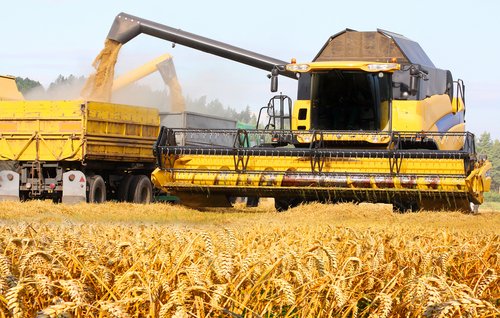Brussels (Brussels Morning) The EU grain industry group COCERAL issued a warning on Wednesday that the bloc’s green push could lower production and cause an import surge that would turn the EU into a net importer of cereals.
According to the European Commission’s Farm to Fork Strategy, which was presented last year, the EU plans to cut the use of pesticides by 50% and to expand organic production from 8% to 25% of farmland by 2030, Reuters reports.
Representatives of the agriculture sector have criticised those targets as unrealistic, while the EU remains divided over new environmental standards, an issue which is holding up negotiations on the bloc’s multi-annual subsidy programme for agriculture.
In one scenario cited by COCERAL, the EU’s pursuit of green targets could lower wheat production in the bloc from this year’s projected 128 million tonnes to about 109 million tonnes in 2030.
While the EU is a major exporter of wheat, its main cereal crop, the bloc remains a net cereal importer most years due to its reliance on imported maize.
Possible consequences
The environmental push in its current form could turn the EU into a major importer of grain, according to Oliver Balkhausen, a COCERAL board member and research manager for the US ADM food processing company.
COCERAL maintains that the pursuit of environmental goals could affect rapeseed cultivation and deepen the EU’s dependence on imports of oilseed. Annual imports could exceed 10 million tonnes of rapeseed compared to the current 6 million tonnes or so.
A study conducted by the US Department of Agriculture at the end of 2020 projected a decline in agricultural production in the EU due because of the green push. This would mean higher prices due to lower agricultural output.
The French National Research Institute for Agriculture, Food and Environment felt the US forecast was too pessimistic, pointing out that consumer trends and new farm practices had to be taken into account.
COCERAL`s conclusion is that the EU should reassess the impact of its green push thoroughly, with due regard for the risks of exporting environmental problems and destabilising agricultural markets.




